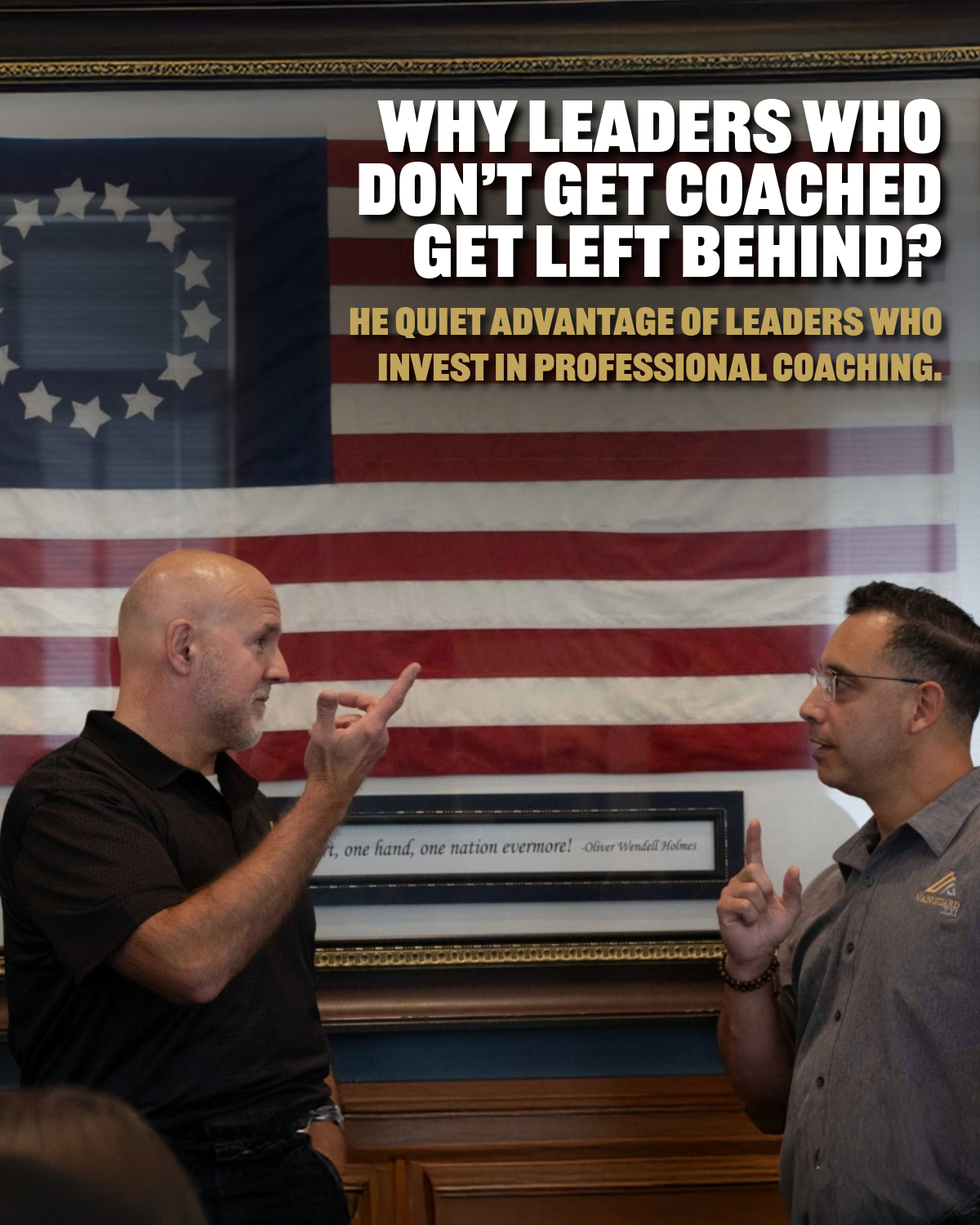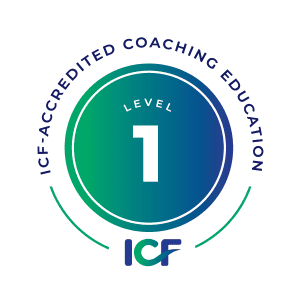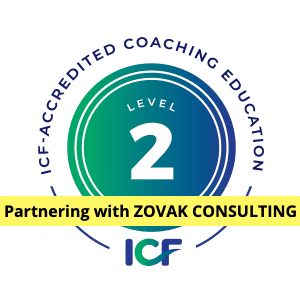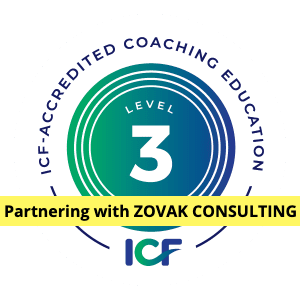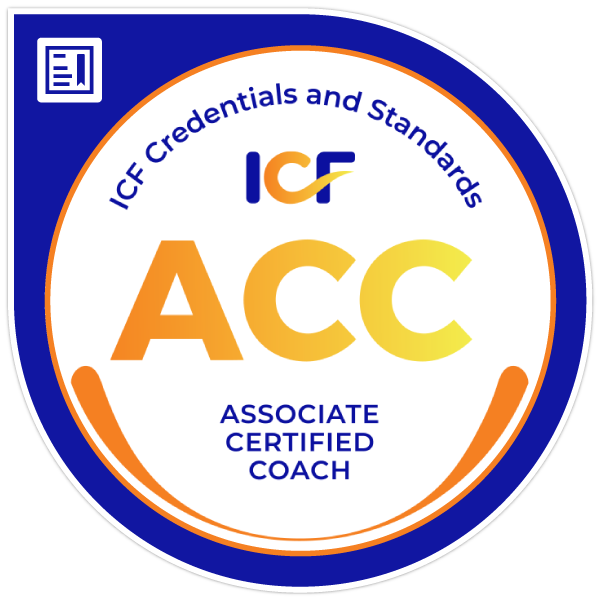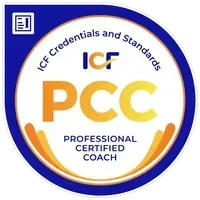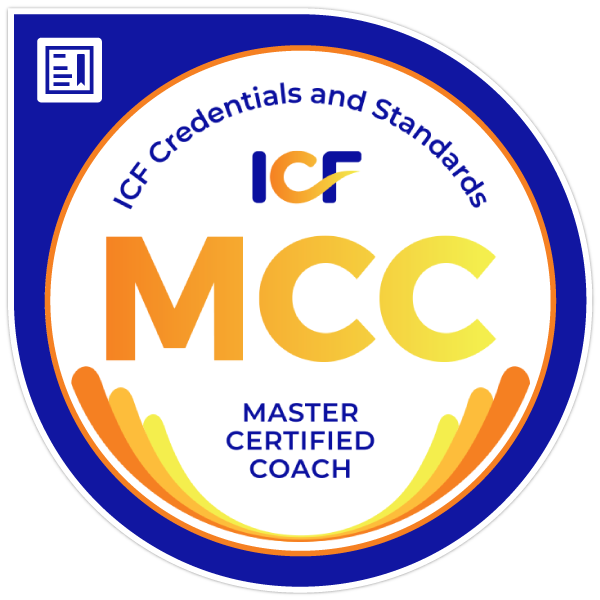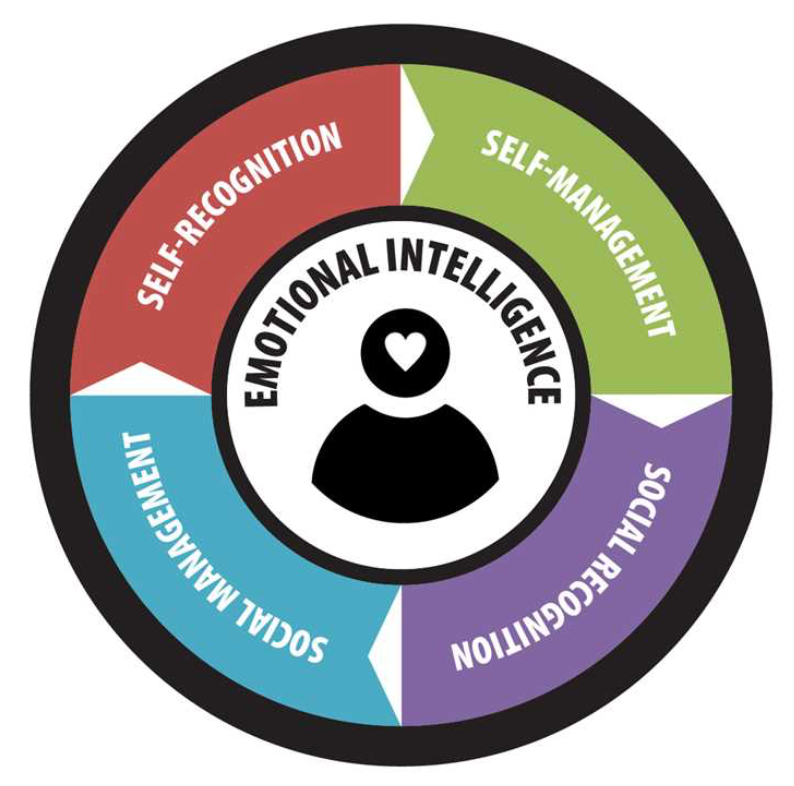The Future of Leadership: How Vanguard XXI is Redefining Executive Excellence
The Future of Leadership: How Vanguard XXI is Redefining Executive Excellence
Leadership has been defined in many ways over time, but one truth remains constant: Leadership is influence. The U.S. Army’s foundational leadership manual, FM 6-22, has held steady in its definition for over 30 years, stating that leadership is "the process of influencing people by providing purpose, direction, and motivation while operating to accomplish the mission and improve the organization." This principle remains the backbone of effective leadership, yet the modern landscape demands a more evolved approach.
Enter Vanguard XXI—a forward-thinking model that is redefining executive excellence through Ethical Leadership, Executive Coaching, Cultivating a Growth Mindset, Internal Coaching Development, Transformational Leadership Coaching, and Adaptive Leadership Strategies. As organizations navigate an era of rapid change and complexity, Vanguard XXI ensures that leaders are equipped with the tools necessary to inspire, adapt, and drive sustained success.
Ethical Leadership: The Cornerstone of Trust
At the core of Vanguard XXI’s leadership philosophy is **Ethical Leadership**—the unwavering commitment to integrity, accountability, and principled decision-making. Leaders set the tone for their organizations, shaping cultures that value honesty and responsibility. Ethical leaders inspire trust, fostering environments where individuals feel secure, respected, and motivated to contribute their best work.
By embedding ethics into daily leadership practices, organizations cultivate resilience and long-term success. The leaders of tomorrow must not only act with integrity themselves but also instill these values into their teams through mentorship and accountability frameworks.
Executive Coaching: Unlocking Potential
Great leaders are not born; they are made. Executive Coaching plays a pivotal role in refining leadership capabilities, enabling individuals to reach their highest potential. Vanguard XXI leverages personalized coaching programs that focus on self-awareness, emotional intelligence (EQ), and strategic decision-making.
Unlike IQ, which remains relatively fixed, EQ can be developed and enhanced through deliberate practice. By mastering EQ’s competencies—such as self-regulation, empathy, and social skills—leaders can effectively navigate interpersonal dynamics, resolve conflicts, and drive engagement. High-functioning executives recognize that investing in coaching not only sharpens their abilities but also strengthens their teams, creating a ripple effect of leadership excellence.
Cultivating a Growth Mindset: The Key to Adaptability
The difference between a stagnant organization and a thriving one often lies in its mindset. Cultivating a Growth Mindset is essential in a world where change is the only constant. Leaders who embrace continuous learning and resilience empower their teams to innovate, take calculated risks, and persevere through challenges.
Vanguard XXI integrates growth mindset principles into leadership training, encouraging executives to view failures as learning opportunities and feedback as a tool for improvement. By fostering a culture where adaptability is celebrated, organizations position themselves to thrive in evolving markets.
Internal Coaching Development: Strengthening Leadership Pipelines
Leadership excellence is not limited to the executive level; it must be nurtured at every tier of an organization. Internal Coaching Development ensures that leadership training is embedded into the company’s fabric, creating a self-sustaining system of mentorship and professional growth.
By equipping internal leaders with the skills to coach and develop their peers, organizations foster a culture of continuous learning and support. Vanguard XXI champions this approach by training senior leaders to serve as coaches, multiplying leadership effectiveness across teams. This not only enhances individual performance but also fortifies the organization’s leadership pipeline for future success.
Transformational Leadership Coaching: Inspiring Change
Leadership is not about maintaining the status quo—it is about transformation. Transformational Leadership Coaching is a key component of Vanguard XXI’s strategy, focusing on inspiring and motivating teams to exceed expectations and drive meaningful change. Transformational leaders do not merely manage; they elevate.
Through visionary thinking, emotional intelligence, and strategic communication, transformational leaders foster environments where innovation flourishes. Vanguard XXI’s coaching programs help leaders refine these skills, ensuring they can mobilize teams, align them with a compelling mission, and sustain high levels of engagement.
Adaptive Leadership Strategies: Thriving in Uncertainty
The modern executive must be prepared for volatility, uncertainty, complexity, and ambiguity (VUCA). Adaptive Leadership Strategies equip leaders with the agility to respond to shifting landscapes with confidence and foresight.
Vanguard XXI emphasizes the importance of situational awareness, strategic flexibility, and decision-making under pressure. By integrating these strategies, leaders can pivot effectively, mitigate risks, and seize opportunities—positioning their organizations ahead of the curve.
Conclusion: The Leadership Revolution
Vanguard XXI is not just redefining executive excellence—it is revolutionizing leadership as we know it. Through Ethical Leadership, Executive Coaching, Cultivating a Growth Mindset, Internal Coaching Development, Transformational Leadership Coaching, and Adaptive Leadership Strategies, this model ensures that leaders are not just managing, but truly inspiring and transforming their organizations.
Who are you as a leader? Do you lead with trust, agility, and vision? Do you cultivate a culture of growth and innovation? The future of leadership belongs to those who embrace these principles and continuously evolve. Vanguard XXI is the path forward—are you ready to lead the change?



